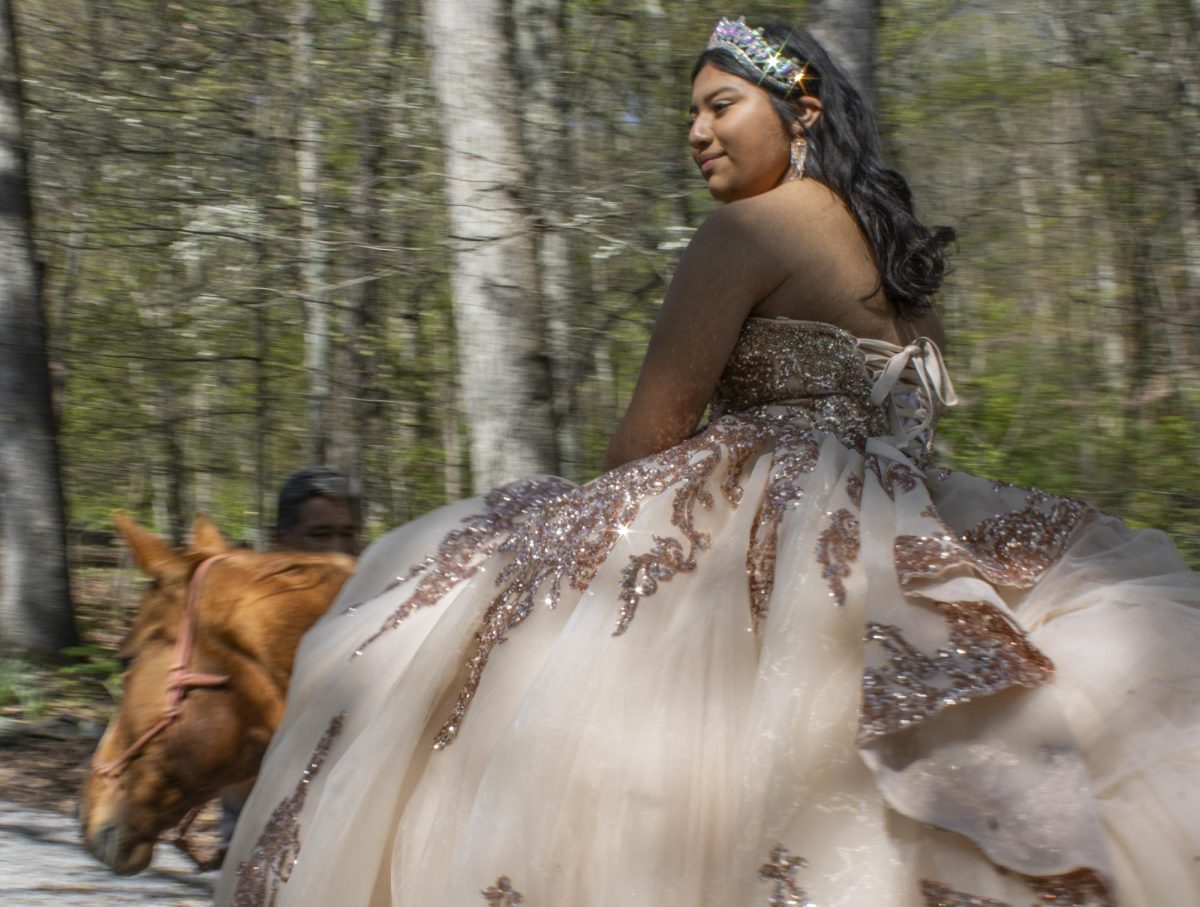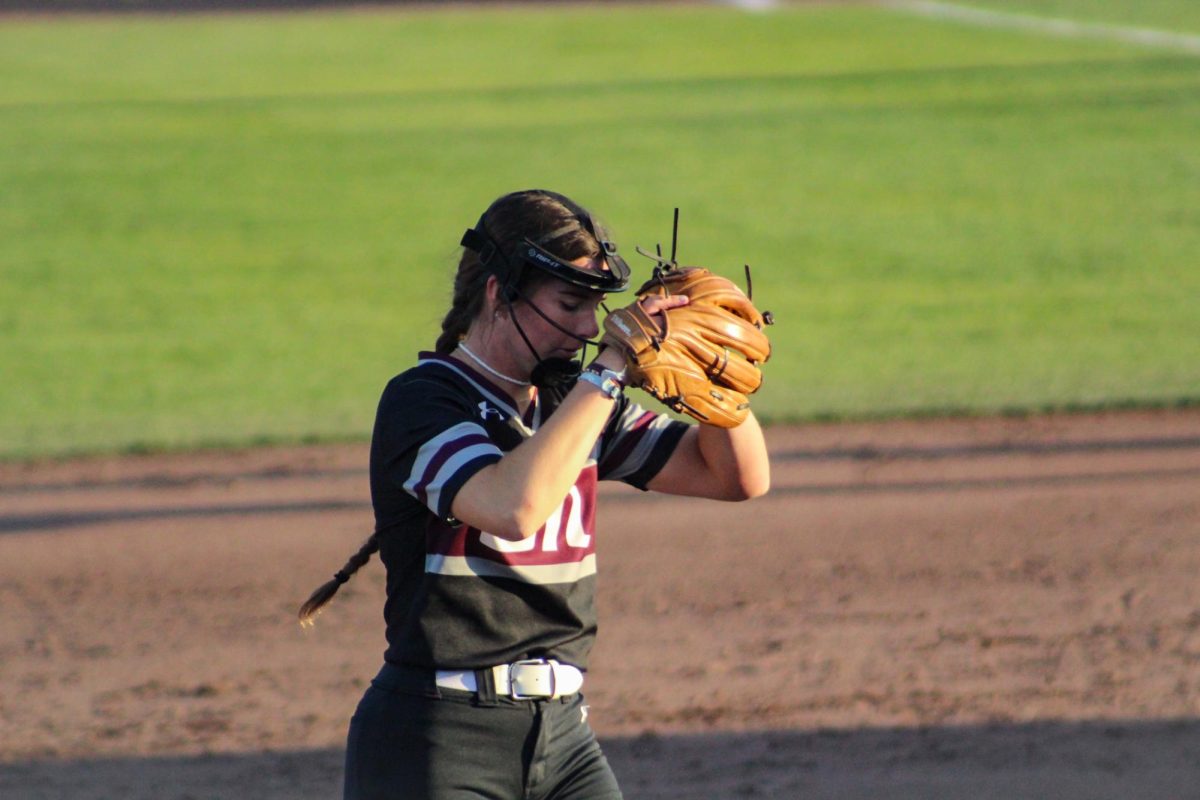Lennon speaks on high school sports
April 6, 2014
The bond small-town communities share with their high-school sports teams is an important, yet often fading, relationship.
SIU football coach Dale Lennon, along with Southern Illinoisan sports editor Les Winkeler and historian Bob Lingle, spoke Sunday at St. Joseph Church Hall in Cobden on the effect high school sports have on small towns in southern Illinois.
The event featured a short speech from each speaker, followed by a question and answer session from the audience. Attendees asked questions on topics ranging from the unionization of college football players to the future of amateur athletics. The speeches were a part of the six-week-long Smithsonian series on hometown teams hosted by the Union County Historical Society.
Advertisement
Judy Travelstead of Cobden was one of the organizers of the event. Travelstead said Cobden hosted the exhibit because of its history in high school basketball.
“We were selected primarily because we are the home of the Appleknockers, and of course, the iconic 1964 team which did not win the state title,” she said. “Everyone still believes 50 years later that they did.”
Winkeler started the speeches and said Cobden was the perfect place to host the exhibit.
“Historically, southern Illinois has been very tied up with their athletic programs,” Winkeler said. “Especially in Cobden. Cobden is kind of the poster boy for high school sports with the ’64 team and how the entire region did embrace the team.”
Bob Lingle of Metropolis said the history of high school sports in southern Illinois stands out from other parts of the state. After Lingle finished speaking, Lennon said growing up in southern Illinois is comparable to his upbringing in a small town in North Dakota.
“It’s comfortable; this isn’t anything that feels foreign to me,” Lennon said. “Coming from a small community, I understand small community values. I also understand sometimes it takes awhile to be accepted into that community.”
The overall topic of the event was how schools get behind their athletes. Winkeler said that at times too much support from a community could be detrimental to players.
Advertisement*
“I’ve seen kids who are the high school stars and think they’re above the law and do stupid things,” Winkeler said. “I think it takes a special person, a special parent, a special coach to keep things in perspective because that’s very important.”
Winkeler said as time goes on, the relationship between small schools and towns has begun to fade. He believes one of the reasons is the advancement of technology. Winkeler also said he doesn’t think it’s a bad thing that the relationship is changing.
“You shouldn’t rely on a high school basketball game to be your social outlet,” Winkeler said. “You should follow your own pursuits, your own interests. I think the sports aspect and keeping the kids playing, that’s important. As far as having all the adults coming out and watching, I could live with or without that.”
Lennon agreed with Winkeler that the bond is changing, but said that it will never fade away completely.
“I’m concerned about it,” Lennon said. “I do feel that when a special year comes around that old school spirit arrives. Everyone kind of rallies around the team, and that’s pretty neat to see. It’s just that you’d like to see it a little more present on the average years. That’s what has changed over time; it’s just not as consistent.”
Tony McDaniel can be reached at [email protected], @tonymcdanielDE or at 536-3311 ext. 282
Advertisement








